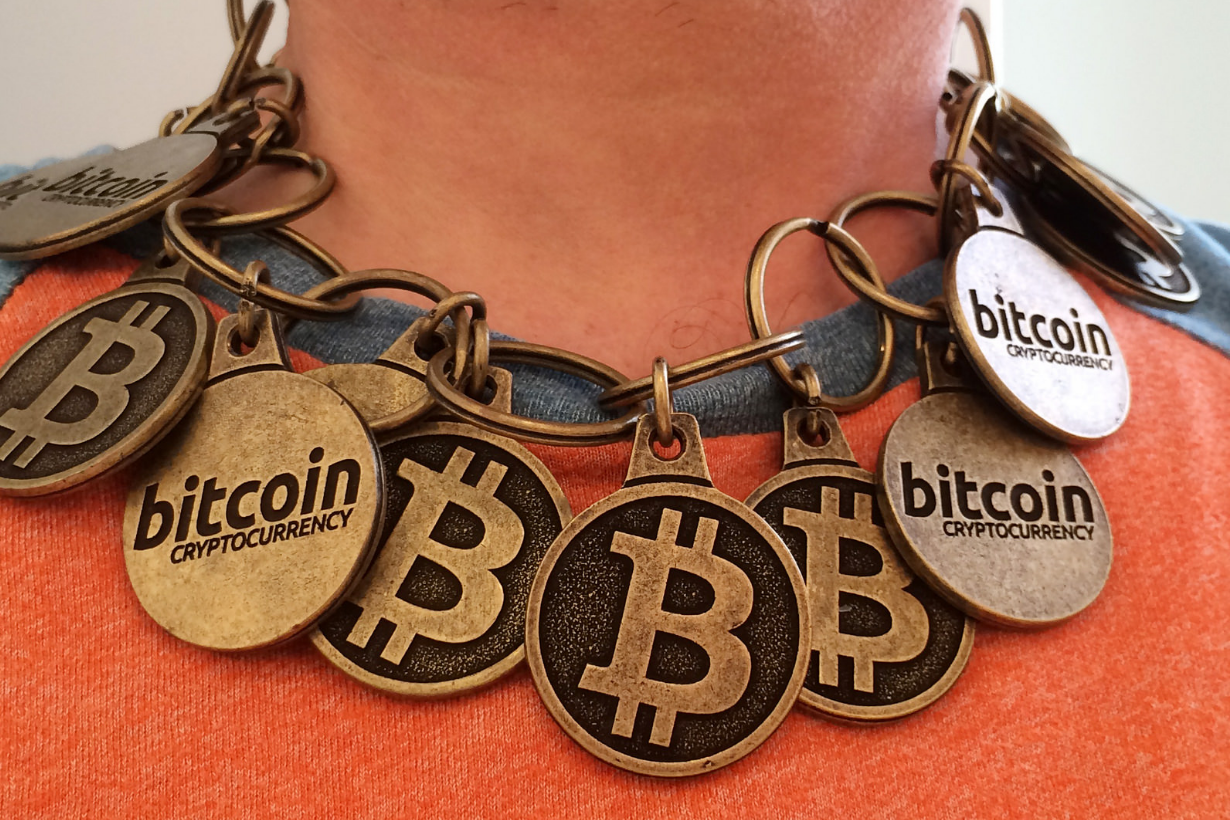
By Kiki Schirr, {grow} Contributing Columnist
Bitcoin, the largest and most famous cryptocurrency, is always in the news these days. You might have a few coins in a wallet yourself, or might feel a little overwhelmed at the thought of investing in such a volatile market. But even if Bitcoin eventually fails (which is looking ever less likely) the technology behind it, Blockchain, is here to stay.
This guide — let’s call it Blockchain 101 — is intended to give you a brief but thorough introduction to the technology that could very well change the Internet as we know it.
First, I’ll go over how it works and then introduce some key terms so that you can discuss it with others and be knowledgeable. Then I’ll go over other applications of Bitcoin and why it is important for marketers to be in the know.
What is Blockchain?
At its heart, Blockchain is a database. For Bitcoin, it serves as a public ledger. Every ten minutes all the recent transactions are written to a new “block,” which is then linked back to the old block, like a chain.
Blockchain is distributed, which means it is kept on different servers and devices around the world. Because of the duplicate nature of each transaction, it is very close to impossible to alter a block.
In addition, each transaction is timestamped, verified by multiple other users, and encrypted. It is a very secure system.
Right now, most transactions are financial. A common example would be a Bitcoin tip from a fan to a musician. However, transactions could include messages, songs, or any other data that can be digitized.
The concept is revolutionary because it provides a system of independent verification and data transmission that doesn’t rely on a government or trusted financial institution.
Blockchain lingo
Miners – Users with software or equipment to build transactions into blocks or to verify transactions. These actions are incentivized — whoever completes the task first wins a prize.
Hash – The mathematical process of assigning a value to more complex data. A simple example would be numbering a list of names. Hashing is how blocks are linked together. A faster miner will complete more hashes per second.
Ethereum – Possibly the second-most famous Blockchain, after Bitcoin. Bitcoin runs on SHA-256, a cryptographic hash system designed by the NSA, but Ethereum has a unique protocol. Ethereum also does more than currency, allowing platforms and programs to run on top of it.
What are other uses of blockchain?
The potential applications of Blockchain technology abound. Because it can keep record of any digital information, it is ideal for currency, but could also be used to issue birth certificates, record marriages, or to keep track of music license pay outs.
The bigger question is not what field will it be useful in, but instead: how do we start? Banks across the globe are starting inquiries as to how to begin their own Blockchains, and Microsoft has partnered with ConsenSys to work on Ethereum applications. In 2015, Imogen Heap released her single Tiny Human via Blockchain.
Why marketers need to be Blockchain savvy
As the number of applications that utilize Blockchain technology increases, so will its ubiquity. Not only will we be selling products through Blockchain, but marketing companies who run off of it as well. A basic grasp of how it works and how important it will prove to be is likely sufficient now, but won’t be in the future.
The importance of privacy is becoming more clear. Right now people are flocking to ephemeral applications like Snapchat and to encrypted messaging, but the future might lie in the anonymity of Blockchain technologies. While not every marketer needs to focus on such bleeding edge technologies, those who are appealing to early adopters and to younger, privacy-aware crowds, should be learning about Blockchain now.
A few high quality resources to learn more
The Bitcoin Official Page: Bitcoin’s guide to getting started and making your first bitcoin purchase is simple, straightforward, and more universal than you might think.
The Ethereum Community Page: Keep in the know with one of the most dynamic blockchain communities.
Reddit /r/Blockchain: The Reddit community devoted to the blockchain is active and responsive. Other good reddits to try are: /r/Bitcoin, /r/BitcoinMarkets, /r/BitcoinBeginners, and /r/Ethereum.
Stringstory on Snapchat: Though she has begun to branch out and address millennial marketing in general, Stringstory’s Snapchat remains the most entertaining way to stay up to date with the blockchain.
I hope that this quick guide proves useful to you. Please let me know in the comments if you have any other great resources you’d like to share — and if you’re a marketer using blockchain technology already, please tell your story!
Illustration courtesy Flickr CC and BTC Keychain. Second illustration by Mars Dorian.